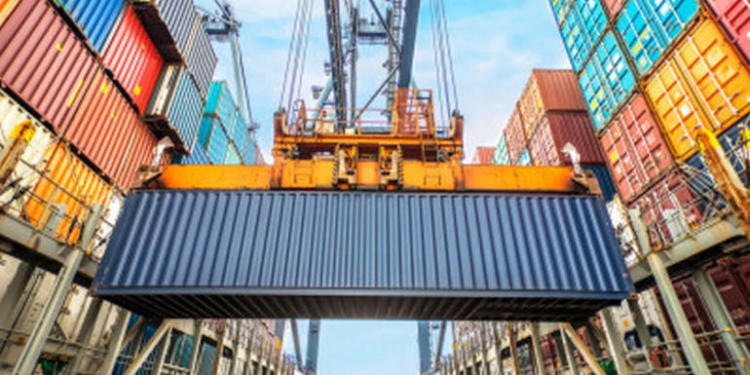Indian exports hit a new high of 331 billion dollars in FY 19. In the month of March, 20 out of 30 export segments witnessed higher shipments. This is the highest exports figure in the history of independent India. “Through secular growth over the last three financial years, following major downturn in the face of global slowdown, merchandise exports for 2018-19 are estimated at $331 billion, the highest ever, surpassing the earlier peak of $314.4 billion achieved in 2013-14. This has been achieved in a challenging global environment,”said Commerce ministry.
The trade deficit narrowed to a 17-month low in February with exports rising 2.44 percent to 26.67 billion dollars compared to the same month in last year. Imports dipped by 5.41 percent to 36.26 billion dollars given the low gold imports and softening of crude prices in international markets. Gold imports fell by 10.81 percent to 2.58 billion dollars in February compared to 2.90 billion dollars in the same month last year.
In the neighboring export giant-China, exports growth hit all-time low in ongoing fiscal year. The ongoing trade war has hit the export prospects but India sailed and posted positive results. “Economies across Asia, especially China and Southeast Asian nations, have been showing signs of sluggishness with contraction in manufacturing due to slowdown in global trade and fragile world economy, but almost all our value-added product segments of exports have shown impressive growth,” said Federation of Indian Export Organizations (FIEO) president Ganesh Kumar Gupta.
The Modi government’s flagship program Make in India has made a significant impact on the Indian economy. Given the success of Make in India, export is growing as Indian products become more competitive in international markets. On the other hand, many products like equipment’s for India armed forces and smartphones are being manufactured domestically. This has helped the country to reduce imports figures and expand footprints of Made in India products across the globe.
India had near to zero presence in smartphone manufacturing before the Modi government came to power. Today the country is one of the largest manufacturers of smartphones with almost all major companies including Apple, Samsung, Xiaomi, and Vivo having plants in India.
Overall the trade growth slowed down from 3.9 percent in 2018 to 3.7 percent in 2019. “This sustained loss of momentum highlights the urgency of reducing trade tensions, which together with continued political risks and financial volatility could foreshadow a broader economic downturn,” said the World Trade Organization. Given the stable macroeconomic conditions, the demand of Rupee is rising in the international market. Rupee has gained 0.15 percent so far in this year. Since the month of March, foreign investors have boughtIndian equities worth more than 1 billion dollar and good amount of debt too.
The rise in exports, currency, and foreign institutional investors is very encouraging given the emerging markets across Asia are slowing down due to China’s woes. The imports and exports of China fell by double digits due to economic slowdown and trade war.





















